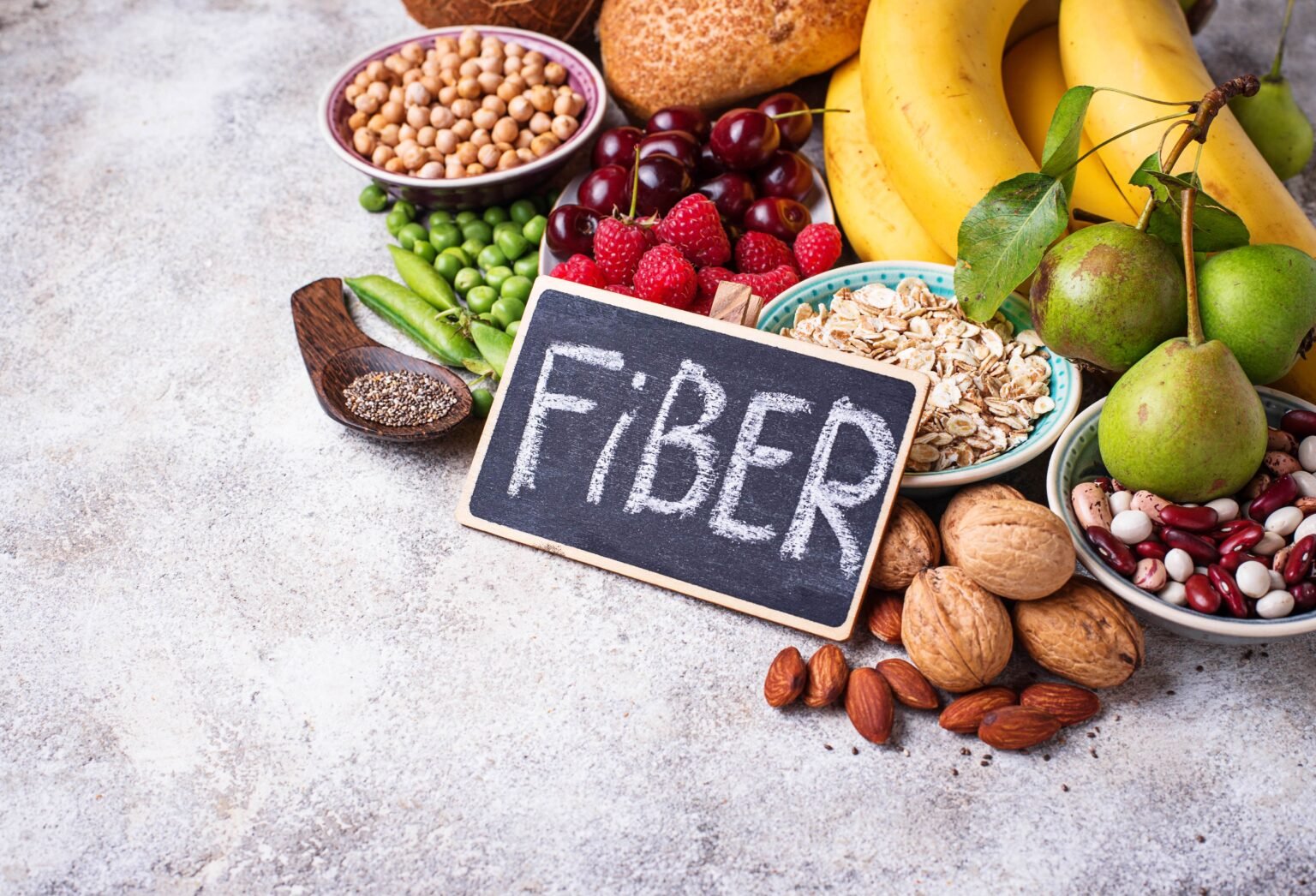Fiber is an essential component of a balanced diet, aiding in digestion, preventing constipation, and promoting overall gut health. A fiber-rich diet can also help manage weight, lower cholesterol, and control blood sugar levels. In India, a variety of traditional foods are naturally high in fiber. Here’s a comprehensive list of fiber-rich foods that can be easily incorporated into your diet.
1. Whole Grains
Whole grains are a great source of dietary fiber. In India, several grains are commonly consumed:
- Oats: Packed with both soluble and insoluble fiber, oats are excellent for lowering cholesterol and enhancing gut health. Starting your morning with a bowl of oats can be a simple yet effective way to improve your overall digestive well-being.
- Barley (Jau): Barley is a traditional grain used in India, often consumed as porridge. It’s packed with fiber and helps regulate blood sugar.
- Brown Rice: Unlike polished white rice, brown rice retains its fiber content and is a healthier alternative for meals.
2. Pulses and Legumes
Legumes are a cornerstone of the Indian diet and a great source of fiber:
- Lentils (Masoor dal): Lentils are a staple in Indian households. One cup of cooked lentils contains about 15.6 grams of fiber.
- Chickpeas (Chana): Whether in curry or chaat, chickpeas are high in fiber and also offer a good amount of protein.
- Kidney Beans (Rajma): Kidney beans are an excellent source of both fiber and protein, making them a nutritious addition to your diet.
3. Vegetables
Adding fiber-rich vegetables to your daily meals is a simple way to meet your fiber requirements:
- Spinach (Palak): Spinach is a leafy green that’s not only rich in vitamins but also packs about 2.2 grams of fiber per 100 grams.
- Carrots: These crunchy vegetables are great for both salads and cooked dishes, and they contain around 2.8 grams of fiber per 100 grams.
- Sweet Potatoes (Samarkand): A delicious and fiber-dense root vegetable often consumed during fasting, sweet potatoes are high in both soluble and insoluble fiber.
4. Fruits
Several Indian fruits are loaded with fiber and can be consumed as snacks or part of a meal:
- Guava (Amrud): Guava is one of the richest sources of fiber, with around 5 grams of fiber in each fruit. The seeds also add to the fiber content.
- Bananas: Bananas, especially unripe ones, are rich in resistant starch and fiber, which help in maintaining good digestive health.
- Papaya: Known for its digestive benefits, papaya is a low-calorie fruit that contains about 3 grams of fiber per cup.
5. Nuts and Seeds
Nuts and seeds provide a good amount of fiber and are easy to snack on:
- Flaxseeds (Alsi): Flaxseeds are packed with omega-3 fatty acids and soluble fiber, which can help in lowering cholesterol.
- Almonds (Badam): A handful of almonds provides not just fiber but also healthy fats and protein, making it an ideal snack.
6. Millets
Millets are making a comeback in Indian kitchens due to their high fiber content and nutritional benefits:
- Ragi (Finger Millet): Ragi is rich in fiber and calcium, making it a popular choice for healthy porridge or rotis.
- Bajra (Pearl Millet): Bajra is a commonly consumed millet in rural India and is full of dietary fiber that aids digestion.
7. Berries
Although berries are not native to India, they are increasingly available in local markets:
- Blueberries: High in antioxidants and fiber, blueberries are a great addition to salads or as a snack.
- Raspberries: These are particularly high in fiber, with one cup offering around 8 grams.
8. Fiber Supplements
For those struggling to meet their daily fiber intake through food alone, psyllium husk (commonly known as **Isabgol**) is a popular fiber supplement in India. It is often used to relieve constipation and improve digestion.
Tips for Increasing Fiber Intake:
- Gradually increase fiber: Introduce fiber into your diet slowly to prevent bloating and discomfort.
- Stay hydrated: Drink plenty of water when consuming fiber-rich foods, as it helps the fiber move smoothly through your digestive system.
- Include variety: Make sure your diet includes a variety of grains, fruits, vegetables, and legumes to get a good mix of soluble and insoluble fiber.
Conclusion
Incorporating fiber-rich foods into your daily diet can have immense benefits for your digestive health and overall well-being. Whether it’s whole grains, fruits, or pulses, the traditional Indian diet provides ample opportunities to meet your daily fiber requirements naturally.
By making small but significant changes, you can ensure a healthier lifestyle, support your digestive health, and reduce the risk of chronic diseases. Happy eating!

